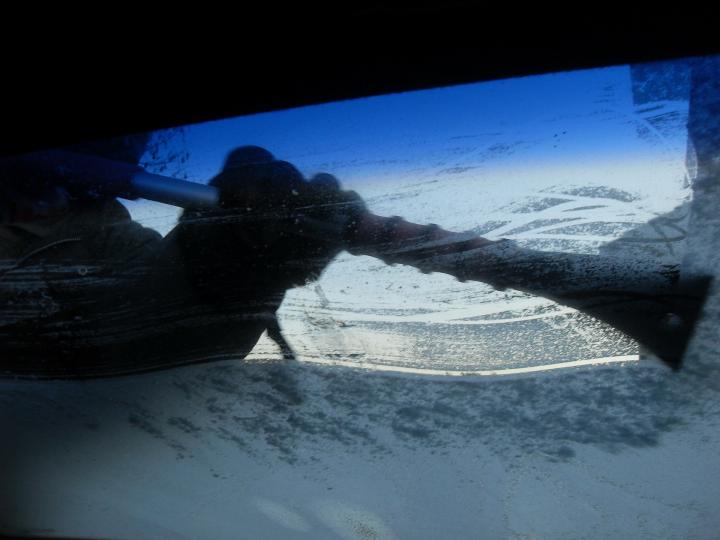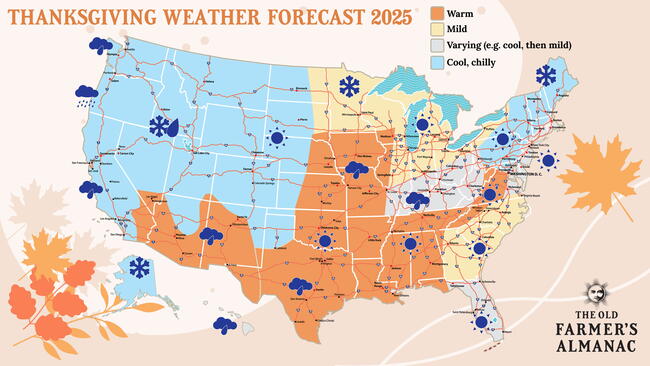Primary Image

Photo Credit
Pixabay
What to Keep in Your Car or Truck in Case of an Emergency
More Like This
Great article — thanks for the helpful tips! Saw you include critical emergency tools here, but one thing every driver should have ready is a compact escape tool that lets you break a car window and cut a jammed seatbelt in seconds. After seeing how quickly situations can go from bad to dangerous, I always keep one in my glove box — it could literally make all the difference in a crash or trapped-vehicle moment. You can check it out here: [link removed]
In the car emergency kit: Flashlight, sleeping bag, small tent, lighter, snow boots, work boots, reflective jacket and rain gear, sweater, thermal gear, jacket, cleaning rugs, telephone charger, umbrella, hat (sun and winter hat), blanket, first aid kit.
Okay, I'm supposed to keep some bottled water in my car's emergency supplies. How do I keep the water from freezing? Probably not. So, how do I thaw the frozen water in the bottle? Tucking it inside my jacket to have me warm the water is reducing my body heat. Not a good idea. I'll have to test if the iron oxide (rust) hand warmers (so no fuel to dry out, or smell up my car from hand warmers that burn fuel) can thaw the frozen bottled water.
You can keep water warm by placing it into a cooler in the winter time.
Just read on Car and Driver that juice boxes or pouches are best, as they don't freeze.
yes they do if it's -20 degrees Celsius. I used to use juice boxes in my cooler to keep it cold when camping. My kids would drink them when they thawed.
Keep a phone charger in your car. Also, it might not hurt to keep one of the battery powered chargers in the car as well - and make sure the batteries are good.
Have a METAL coffee can, bucket, or something comparable in your car. If it has a lid, fill it 1/2 full of sand (if no lid, put sand in a sealable container so it doesn't spill and fill your can/bucket when needed). Place 2 or 3 hurricane candles (or any long burning candles you might have) in the sand and light them (have a minimum of 10 candles).The reflection of heat from the metal and sand WILL heat your car... this will also save you gas, and provide sufficient light for a passing motorist to see, and keep your water from freezing.
You should always have an emergency tool to break the windows & cut seatbelts with in case you're trapped in the car! Also, you might consider having a small, portable, camp toilet & bags, in case you're stuck in the car for any length of time, & toilet paper. Also camp chemicals to break down the waste so it won't stink!
Your headrest ..if you pull it out ...you can break a window ...that's why are made like that
- « Previous
- 1
- 2
- …
- 10
- Next »










Comments